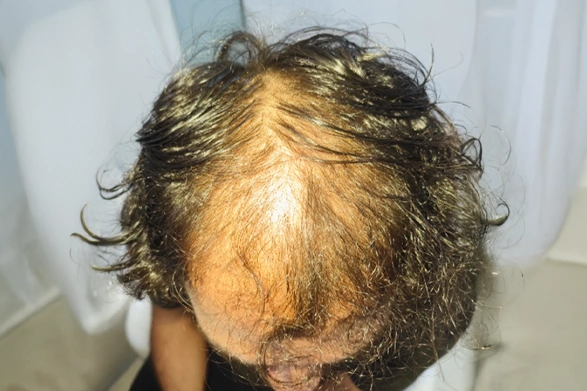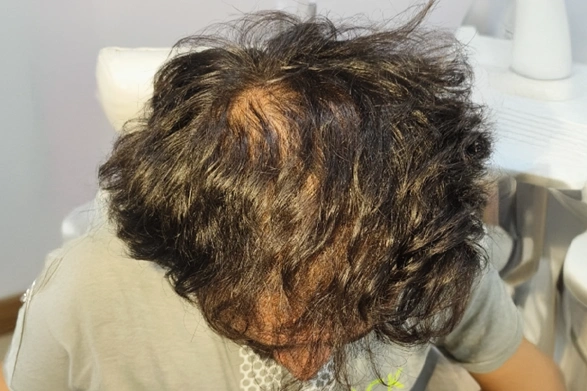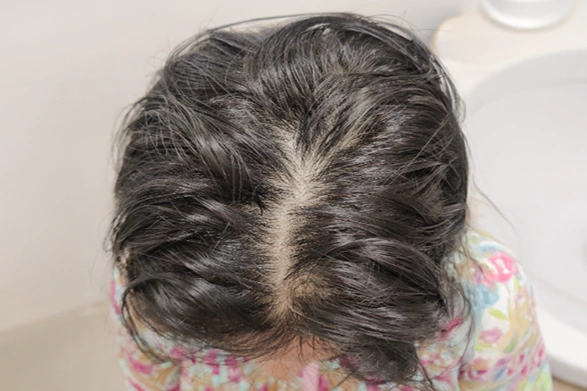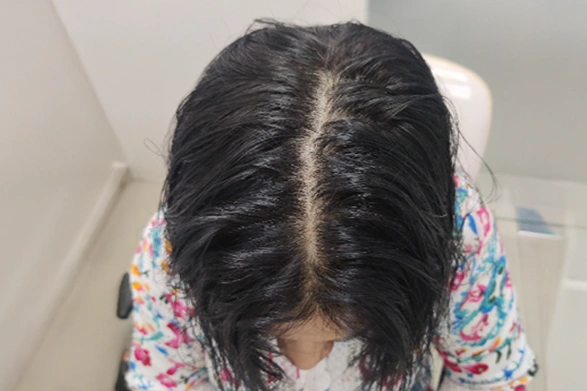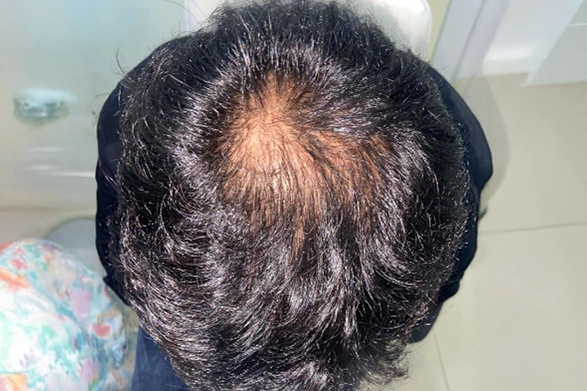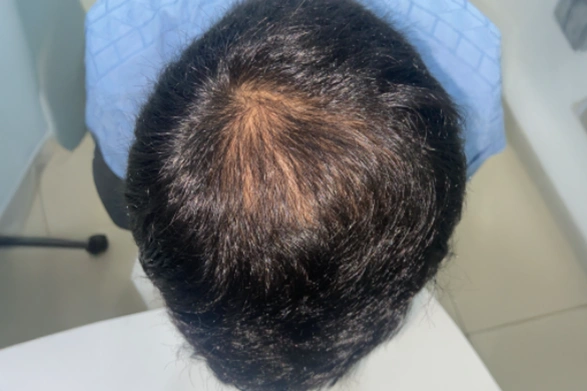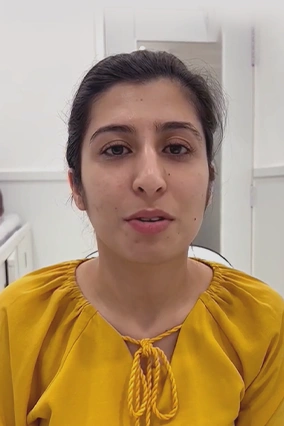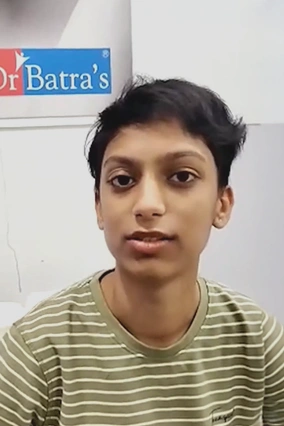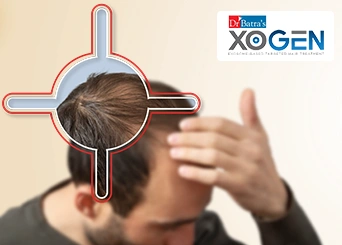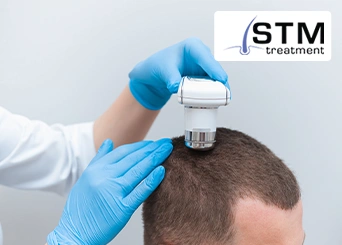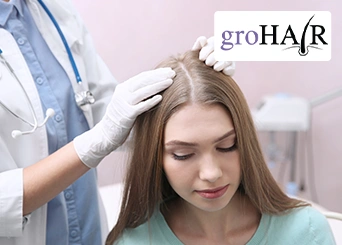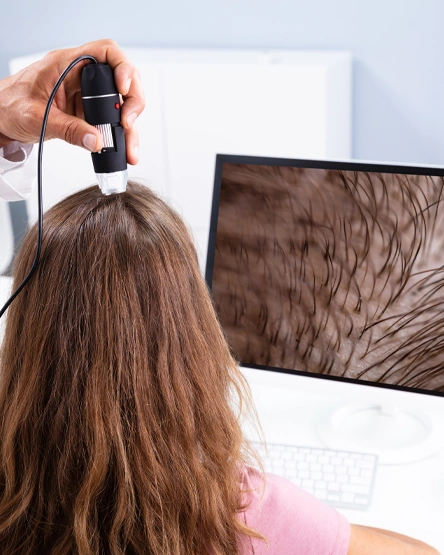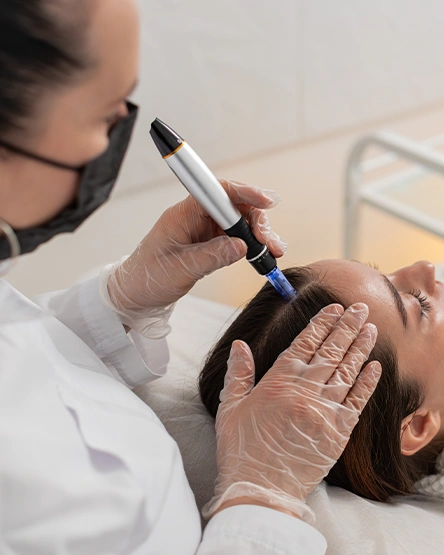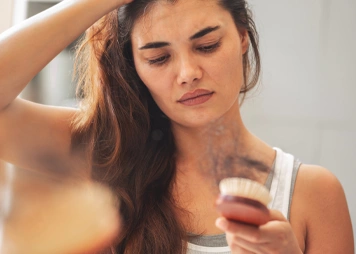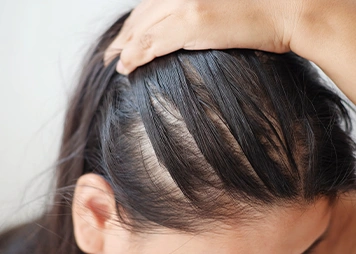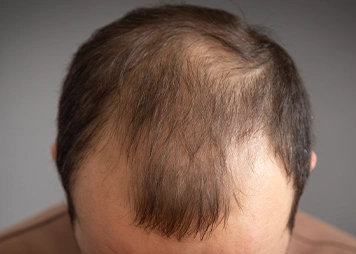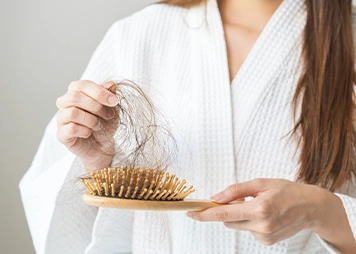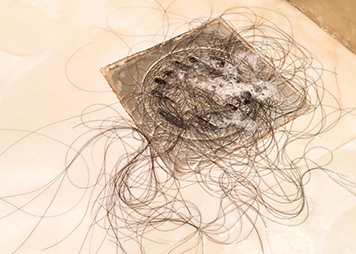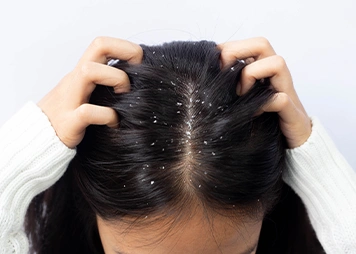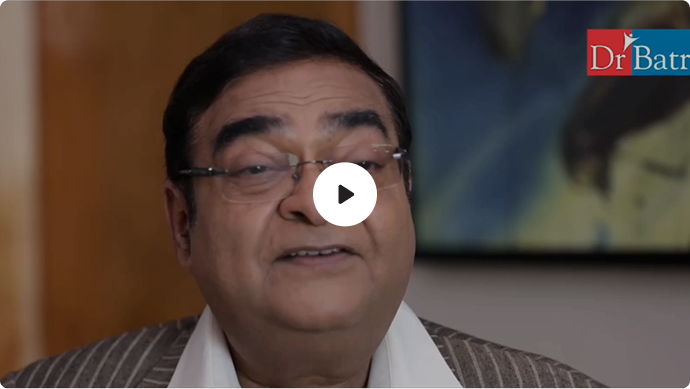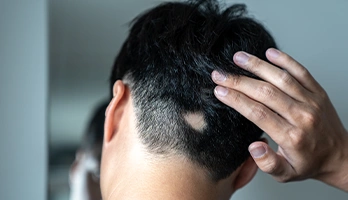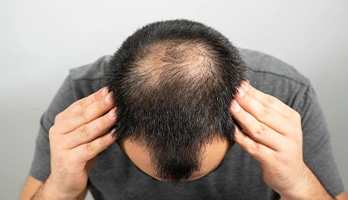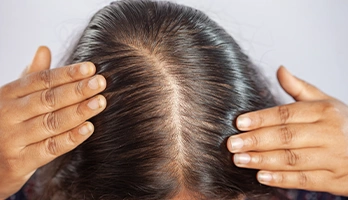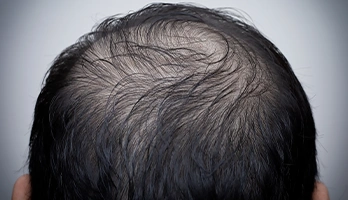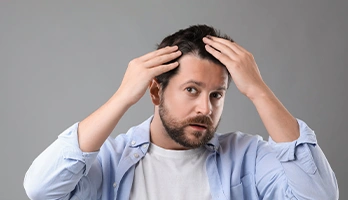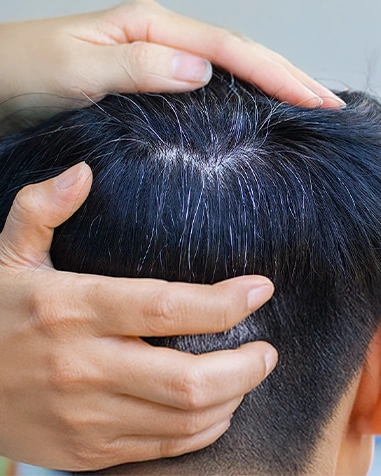✓ 40 Years of Proven Expertise
As the world’s largest homeopathy network, Dr Batra’s® has treated over 15 lakh patients across 100+ conditions. Our experience in hair loss treatment is backed by decades of documented outcomes and refined medical protocols.
✓ Root-Cause Homeopathy Treatment, Not Temporary Fixes
We don’t mask hair fall. Our doctors identify internal triggers such as stress, hormonal imbalance, nutrition gaps, and genetics to create a personalised homeopathy treatment for hair fall that delivers sustainable improvement.
✓ Safest, Side-Effect-Free Care
Our homeopathic remedies for hair fall are natural, non-surgical, and gentle on the body. Each homeopathic medicine works with your system to support regrowth without dependency or side effects.
✓ Long-Term Results You Can Maintain
By correcting internal imbalances, hair fall treatment in homeopathy improves scalp health and follicle strength over time. This makes homeopathy for hair regrowth ideal for long-term hair stability.
✓ AI-Powered Diagnostic Precision
Our AI databank analyses insights from over 15 lakh cases, improving diagnostic accuracy and helping doctors recommend the most effective homeopathy hair treatment for your hair loss pattern.
✓ 350+ Experienced Doctors Across India
Your treatment is led by experienced BHMS and MD (Hom.) doctors, supported by dermatologists and trichologists, ensuring accurate diagnosis and consistent outcomes.
*All our homeopathic treatments are available across our 200+ clinics in India, The UK, The UAE, Bangladesh, Thailand, Malaysia & Bahrain.



